Leaf Rolling in Canna is NOT a problem!
bearstate
16 years ago
Related Stories
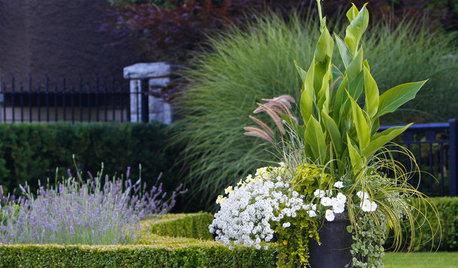
GARDENING GUIDESGreat Design Plant: Cannas
Easy to grow and maintain, these showy, colorful plants are perfect for beginning gardeners
Full Story
DECORATING GUIDESSolve Privacy Problems With Window Film
Let the light in and keep prying eyes out with an inexpensive and decorative window film you can apply yourself
Full Story
HOME OFFICESQuiet, Please! How to Cut Noise Pollution at Home
Leaf blowers, trucks or noisy neighbors driving you berserk? These sound-reduction strategies can help you hush things up
Full Story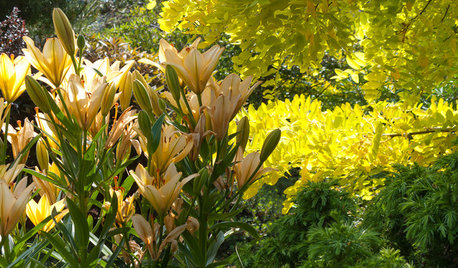
GARDENING GUIDESGreat Garden Combo: 3 Wonderful Plants for a Deer-Resistant Screen
Protect your privacy and keep deer at bay with a planting trio that turns a problem garden area into a highlight
Full Story
DECORATING GUIDESFrom Queasy Colors to Killer Tables: Your Worst Decorating Mistakes
Houzzers spill the beans about buying blunders, painting problems and DIY disasters
Full Story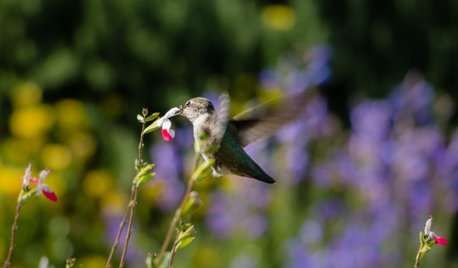
GARDENING GUIDESAttract Hummingbirds and Bees With These Beautiful Summer Flowers
Roll out a welcome mat for pollinators to keep your landscape in balance and thriving
Full Story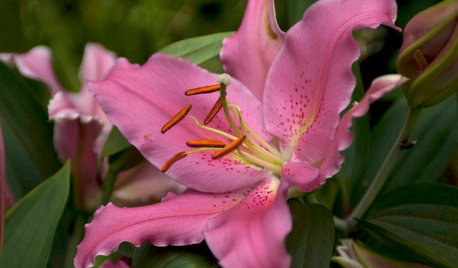
FLOWERSGreat Design Plant: Lilies
Try these delightfully exotic stunners for paintbox colors, deep fragrance and intricately detailed petals
Full Story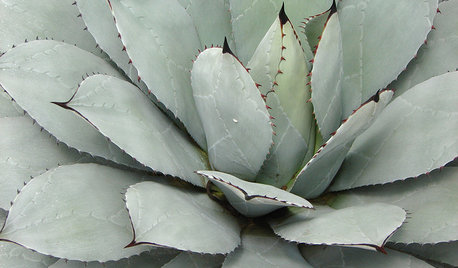
BLUE AND GRAY FOLIAGEGreat Design Plant: Parry's Agave
Don't let the spikes scare you away — this succulent is surprisingly friendly to gardeners whose landscapes lie beyond the desert
Full Story
EDIBLE GARDENSHow to Grow 10 Favorite Fruit Trees at Home
Plant a mini orchard in fall, winter or early spring to enjoy fresh-off-the-tree fruit the following year
Full Story
KITCHEN WORKBOOK8 Kitchen Amenities You'll Really Wish You Had
Keep kitchen mayhem and muck to a minimum with these terrific organizers and other time-saving, mess-preventing features
Full StorySponsored
More Discussions







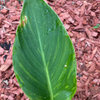
bearstateOriginal Author
Sheila Edmond
Related Professionals
Holly Springs Landscape Architects & Landscape Designers · Maple Valley Landscape Architects & Landscape Designers · Essex Landscape Architects & Landscape Designers · Horsham Landscape Architects & Landscape Designers · Milford Landscape Contractors · Stoughton Landscape Contractors · Lake Worth Landscape Contractors · New Cassel Landscape Contractors · Woodland Landscape Contractors · Catonsville General Contractors · Mount Holly General Contractors · Palatine General Contractors · Redding General Contractors · Valley Stream General Contractors · Laurel Siding & Exteriorsnucci60
tophersmith